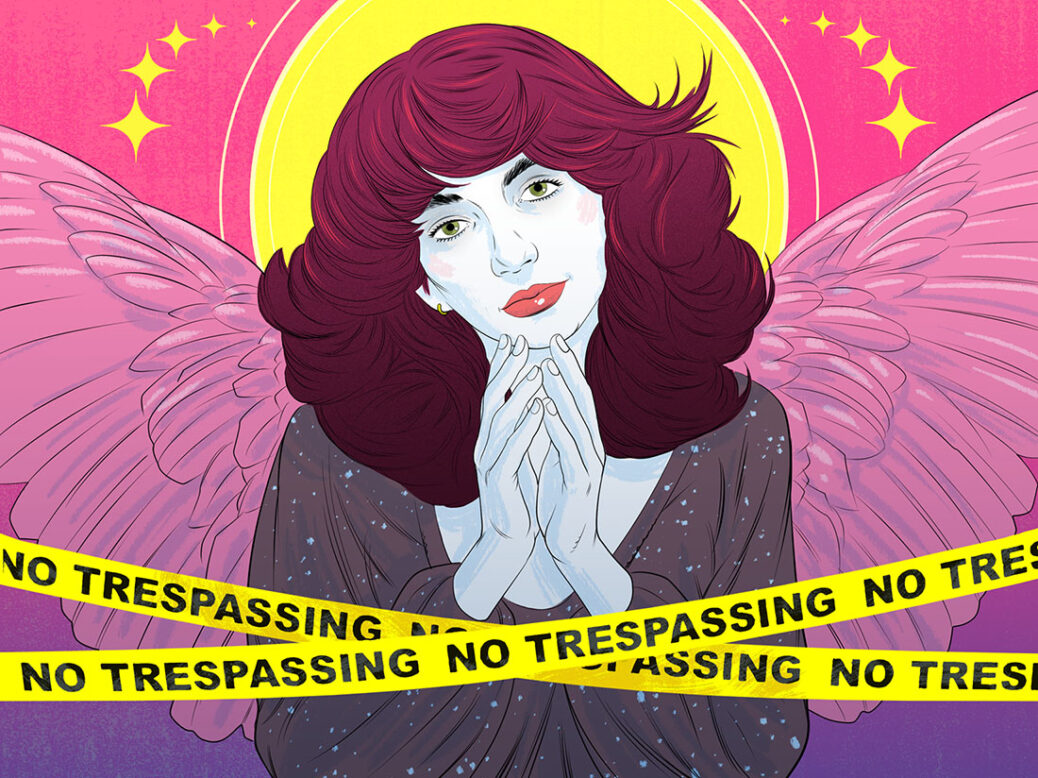
Middle-aged music fans loving Kate Bush is basically a given. Like Bowie, Pink Floyd, the Pet Shop Boys or Blur, the eccentric, eclectic Bush has entered a kind of muso-canon of beautified, untouchable artists. Anyone who saw the hysterical reactions to her 2014 residency at the Hammersmith Apollo will understand. And it’s justified, too. Kate Bush is a once in a generation pop star. She’s special. She’s earned her place. Her back catalogue is incredible and her influence is far reaching. No arguments here.
There is, of course, a problem. A canonised musician stops being a pop star and becomes a sort of totem of art and integrity. They become sainted. In a sense they stop being the very thing that made them exciting in the first place – a pop star. They can become the property of the worst kind of muso snob. Or at least that’s what the muso snobs think.



